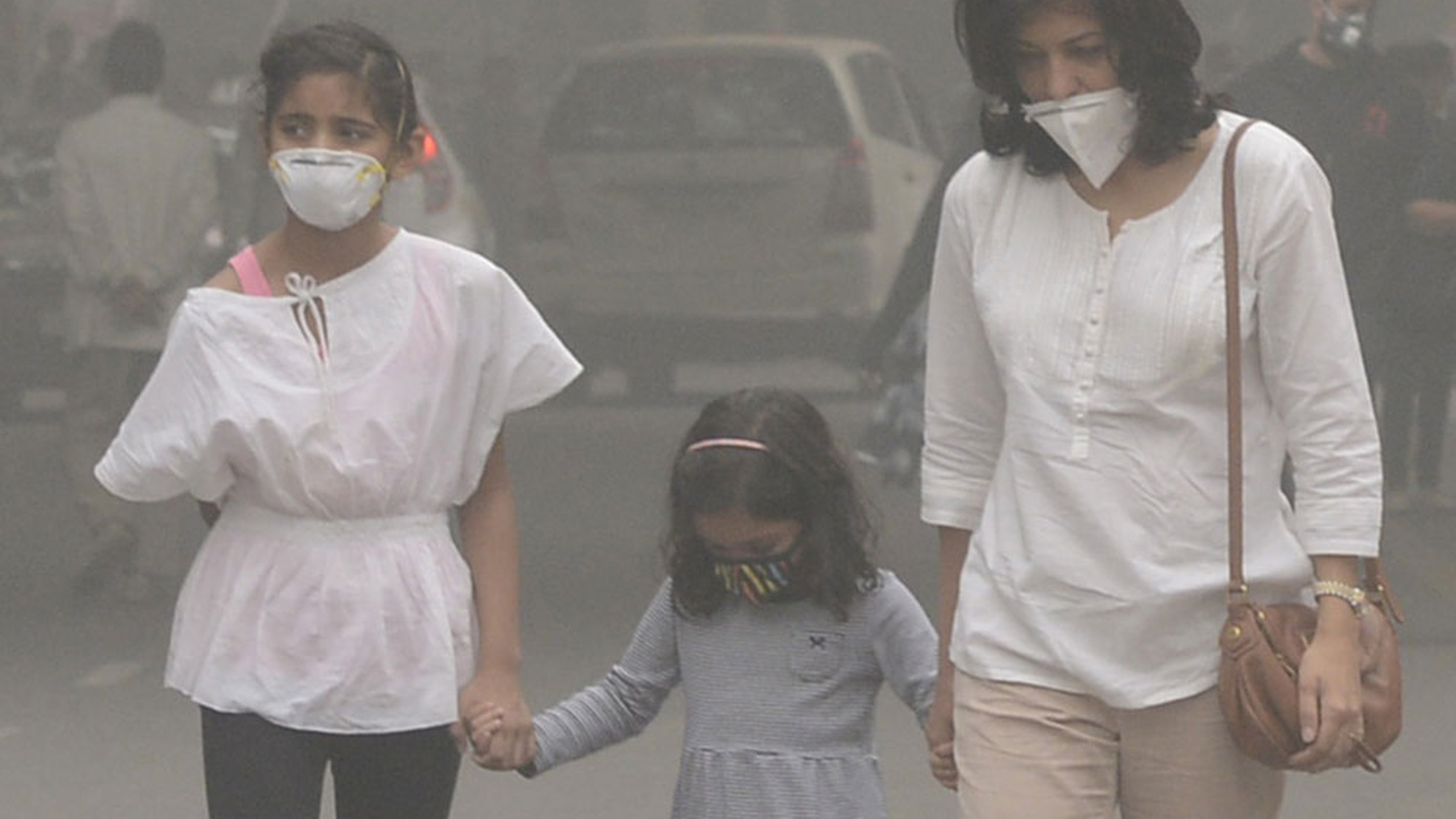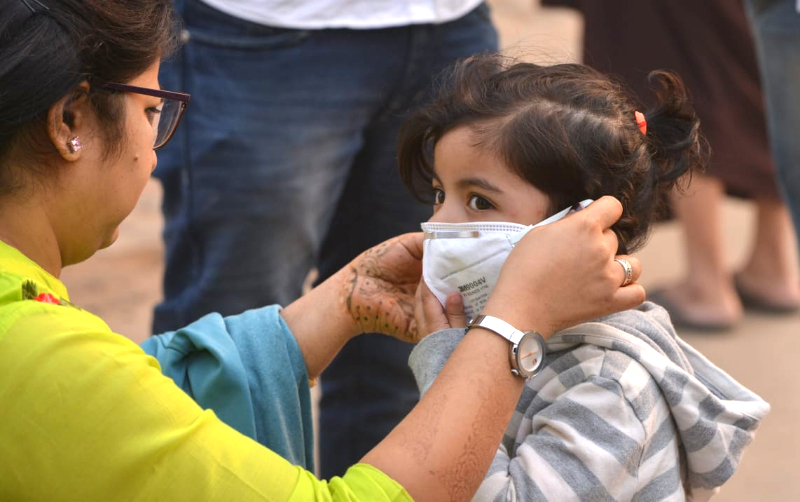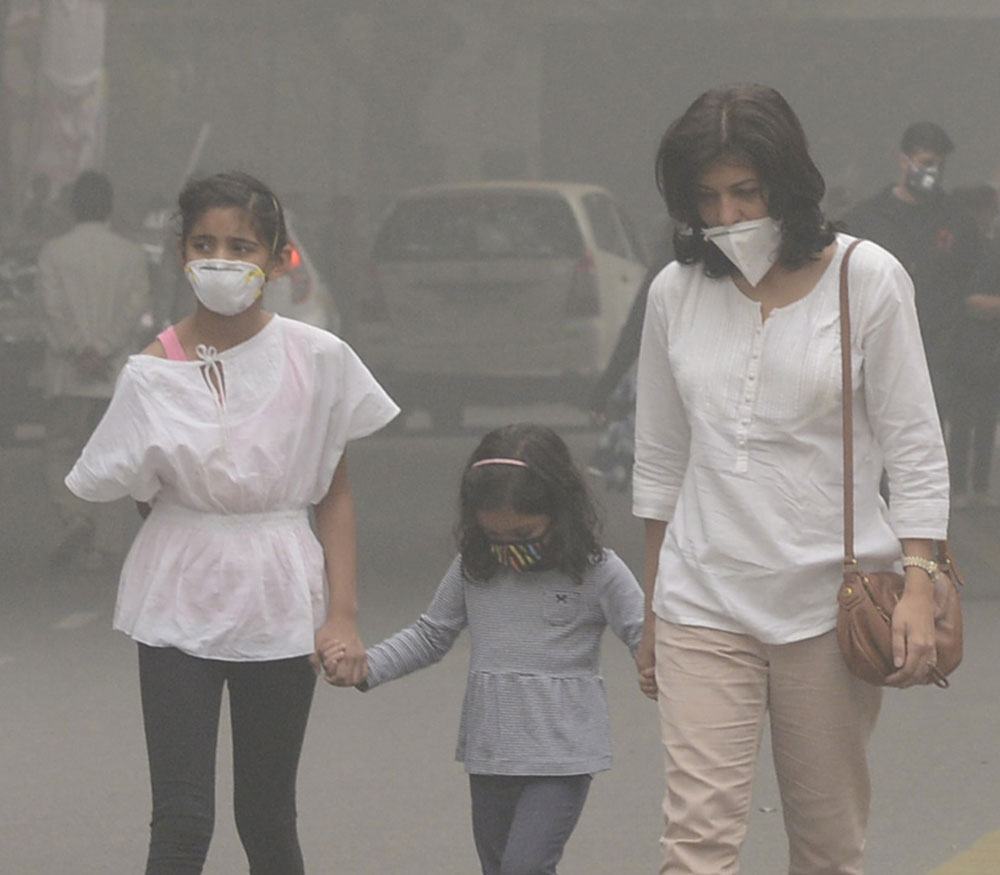A senior paediatric surgeon has filed a public interest plea in the Supreme Court for directives to authorities to frame adequate guidelines that would prevent foetal deaths and abnormalities caused by rising air pollution.
The petition by Dr Sanjay Kulshrestha, senior consultant paediatric surgeon, Sarkar Hospital for Women & Children, Agra, has been listed for hearing on March 11.
The Agra-based doctor in his petition has claimed that air pollution has become a serious threat to human health, killing 1.1 million people every year in India alone, including adults.
“The most recent victim is our innocent human foetus which is developing serious disorders like birth defects, premature delivery, foetal growth retardation or even foetal deaths due to exposure to gaseous and particulate air pollutants during pregnancy,” the plea said.
The PIL, which cited national and international research reports, estimated that about 17 lakh babies are delivered every year in India with birth defects, 1.7 lakh of them because of air pollution.
“The main objective of this petition is to share the agony of foetuses and newborns that are facing severe threat to their lives that is a violation of their right to live under Article 21 (right to life and liberty) of our Constitution,” the petition said, seeking a directive to protect pregnant women, foetuses and newborns from severe air pollution and an order to the authorities to start multiple research centres at the national level to establish the relationship between air pollution and adverse outcomes of pregnancy.
Based on such research, the petition said, health authorities should frame guidelines to prevent or minimise such pollution-related diseases in foetuses.
The plea also wanted the court to direct the health authorities to release advisories for pregnant women on “what to do & what not to do” to safeguard themselves from air pollution.
The petitioner said that short-term and long-term exposure to particulate air pollution might alter “genetic programming”, causing changes in “gene expression that may be linked to later childhood and adulthood diseases”.
The petition said advanced research was going on to study air pollution in relation to adverse outcomes of pregnancy in all developed as well as many Asian countries like China, but “no serious efforts have been made in India to study the correlation” and come up with a line of action.












